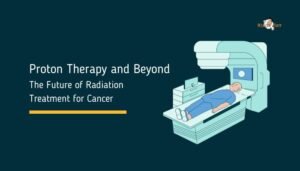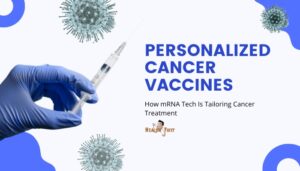Proton Therapy and Beyond: The Future of Radiation Treatment for Cancer
Introduction Radiation therapy stands as a key pillar of cancer treatment, alongside surgery and chemotherapy. Yet traditional X-ray (photon) radiation can damage healthy tissue as it travels through the body to reach the tumor. Proton therapy—and its emerging counterparts like...
Read MoreImmunotherapy 2.0: Next Advances After CAR-T for Cancer
Introduction In the battle against cancer, CAR-T cell therapy emerged as a major breakthrough—engineering a patient’s own T cells to hunt and kill tumors with high specificity. But CAR-T is only one piece of the broader immunotherapy revolution. Researchers now...
Read MoreNanotech in Medicine: Nanoparticles Hunting Down Cancer Cells
Introduction One of the biggest challenges in oncology is delivering potent anti-cancer drugs directly to tumor cells while sparing healthy tissues . Nanotechnology offers an innovative solution. By engineering nanoparticles that selectively bind to cancer cells or release therapeutic agents...
Read MoreNext-Gen Vaccines: mRNA Technology for Cancer, HIV, and More
Introduction Messenger RNA (mRNA) vaccines made global headlines during the COVID-19 pandemic. Their rapid development and high efficacy demonstrated how this platform could revolutionize immunization against infectious diseases. Yet the potential of mRNA vaccines extends far beyond COVID-19. Researchers now...
Read MorePersonalized Cancer Vaccines: How mRNA Tech Is Tailoring Cancer Treatment
Introduction Cancer is not a single disease but a broad category of disorders in which abnormal cells proliferate. Although the immune system can detect and eliminate many abnormal cells, cancer cells can adapt to evade immune responses. Researchers have developed...
Read MoreThe Future of Cancer Treatment: Will Chemotherapy Become Obsolete?
Introduction Cancer is not a single disease but rather a group of disorders with distinct biological and clinical characteristics. Traditionally, chemotherapy has been a primary treatment for many types of cancer. It uses chemical agents that target rapidly dividing cells,...
Read More





